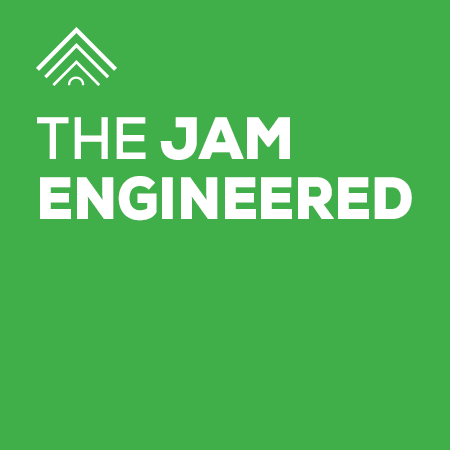A growing global focus on reducing carbon and greenhouse gas emissions and meeting net-zero mandates will result in demand for a range of technologies such as electrochromics, solar, sensors and software for building controls, according to the latest global smart windows report from industry analyst firm n-tech Research. Government mandates combined with incentives and development of advanced building materials and technologies will serve as powerful drivers which will, in turn, grow the smart windows market from around $300 million in 2021 to $2.6 billion in 2026, the report projects.
Trend in smart cities and smart buildings and developments in materials/coating technology will lead to further improved cost/performance ratios in smart windows.
A strong driver for the renewed interest is that smart windows are being repositioned as part of the emerging smart building meme. This includes enabling integration with older building networking platforms such as Modbus, BACNet or smart windows vendor proprietary networks.
Smart windows become smarter with the use of more sensors and then AI. The report suggests that sensors will find extensive use for real-time tint. Smart windows are now expected to change on a real-time basis in response to weather conditions and without human intervention or delay.
Innovations in fabrication and materials technology are bringing about the next phase in the evolution of smart windows, according to the report.


